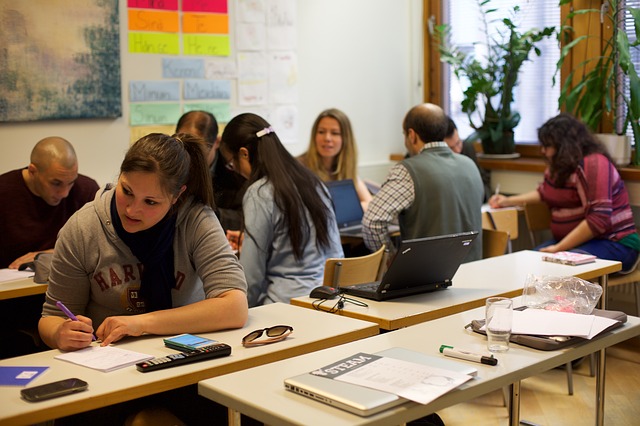What is Pedagogy?
Pedagogy is a learning process led by a teacher, focusing on the theory and practice of learning an academic subject or theoretical concept. This approach views learners as dependent personalities, with the teacher determining how, what, and when things are taught. Pedagogical learning is subject-oriented, centering on a specific syllabus, with the teacher playing an active role in planning and designing learning materials.
What is Andragogy?
Andragogy refers to the learning approach for adult learners, who are considered self-directed. In this method, learning is task or problem-centered, and the teacher plays a more passive role, acting as a facilitator rather than a traditional teacher. Adult learners use their own experiences and those of others in the learning process, with motivation stemming from self-esteem and confidence. Self-concept, experience, readiness to learn, orientation to learning, and motivation are some characteristics of andragogy.
What is Heutagogy?
Heutagogy is the theory of managing self-learning, emphasizing key learning skills of the 21st century. In this approach, learners are independent and learn through new experiences. They manage their own learning, using their own experiences and those of others in the process. Although the teacher provides resources, the learner selects their path, developing skills like problem-solving behaviors.
Key Takeaways
- Pedagogy focuses on teacher-led learning for dependent learners, while andragogy and heutagogy cater to self-directed learners.
- Andragogy is centered around adult learning, with the teacher acting as a facilitator, while heutagogy emphasizes managing self-managed learners and problem-solving skills.
- Both andragogy and heutagogy emphasize the importance of learners’ experiences in the learning process.
